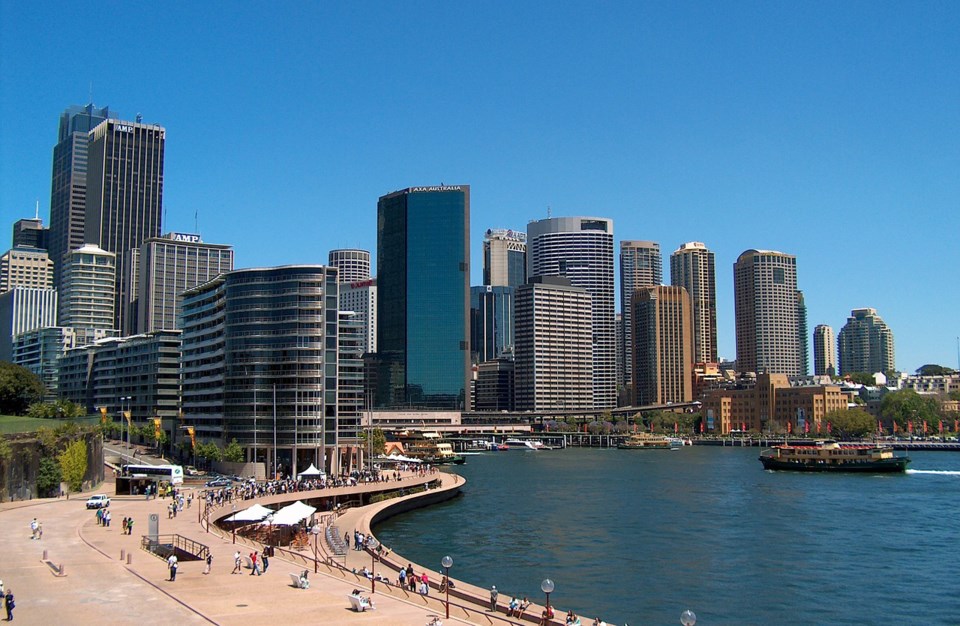Way out here on the Best Coast, it’s easy to think of ourselves living in something of a separated-off bubble – and that when it comes to real estate, the bubble looks to be deflating.
But the fact is that B.C.’s major cities are among many around the globe that are currently experiencing a real estate market slowdown.
Most of us are aware that the Greater Toronto Area is also in the property doldrums, with sales in 2018 down 18 per cent year over year (not as steep as Metro Vancouver’s 31.6 per cent annual decline). The average 2018 home resale price in our country’s biggest city is also down 4.7 per cent over the previous year.
But what about the rest of the world?
Property markets in major global centres are also on the slide, most notably in pricey cities such as Hong Kong, Shanghai, Beijing, Singapore, London and Sydney.
In Hong Kong and mainland China’s biggest cities, prices are steadily declining, with prices in Beijing and Shanghai around five per cent off their peak of around six months ago – largely due to a slowing Chinese economy affected by trade wars with the U.S. In London and across the U.K., uncertainty over Brexit has sidelined homebuyers, and London property prices have fallen for two consecutive years. In Australia's biggest city, unsustainably high prices along with a pullback in demand from mainland Chinese buyers have combined to drag real estate markets down over the past year, with prices down more than 11 per cent in Sydney, according to CoreLogic. Plus, Singapore’s prices have been hit by increased taxation and new mortgage rules.
Bloomberg published a fascinating story on this topic January 3, and identified that even as each slowing market has its own set of characteristics, most of them also have a few factors in common:
1) Tougher government regulations on mortgages and finances – these range from the mortgage stress test in Canada, to stricter loan-to-value ratios in Singapore, to limits on how much money can leave mainland China.
2) Rising interest rates – Canada is far from the only country to see increased borrowing costs. The Bank of England (led by former Bank of Canada governor Mark Carney) has been similarly making incremental hikes over the past year or so, and rates in Singapore have risen several times over the past year, with more hikes predicted in 2019. Australia’s Reserve Bank, however, has maintained record-low rates – and prices are still dropping there too.
3) Unpredictable stock markets – with the world’s markets fluctuating wildly, much of which uncertainty is linked to U.S./China trade wars, investors around the globe are unsure where things will land and are keeping a low profile.
4) Diminishing demand from China – property markets in most Pacific Rim cities, whether in North America, Australasia or Asia, are affected by the wobbling Chinese economy and a tightening of rules on how much money is allowed to flow out of mainland China.
Bloomberg cites an April 2018 International Monetary Fund study, which issued a warning on the effect of simultaneous global real estate market corrections. The IMF wrote that such a phenomenon could lead to “financial and macroeconomic instability.”
However, a glimmer of hope for global economic stability was issued today (January 4) as major stock markets made a sudden recovery on the news of renewed trade talks between China and the U.S.
It may seem like some consolation that B.C. cities are not alone in their housing market decline – after all, it makes for a more level playing field, globally speaking. But from a macro-economic viewpoint, it’s not such a good thing.



